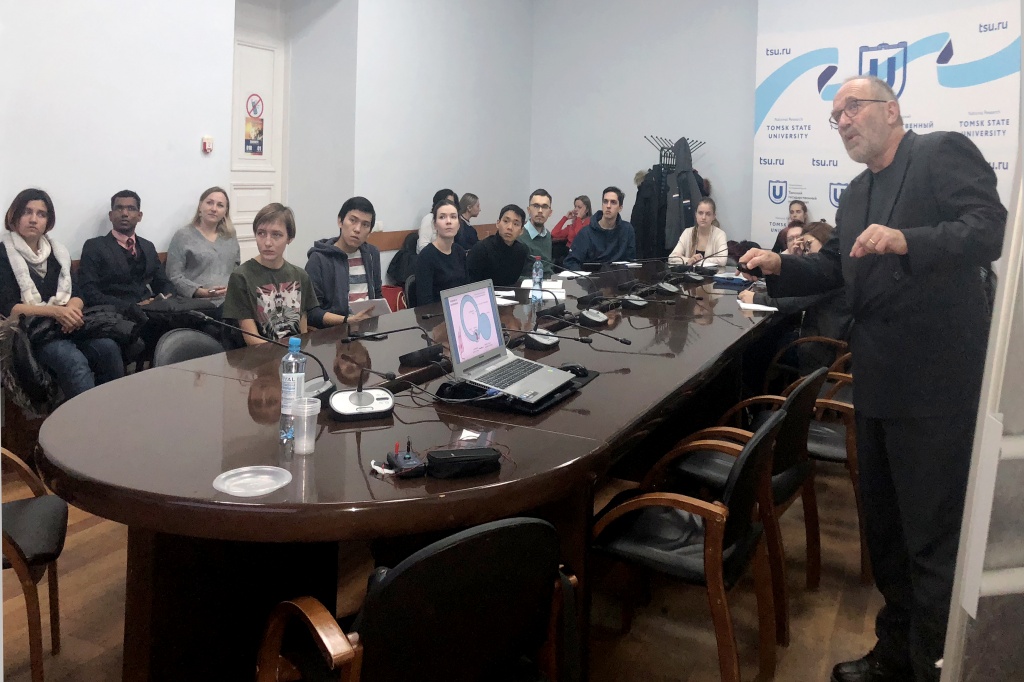TSU has launched a pilot English language multidisciplinary program, Tomsk International Science Honors Program, developed in conjunction with Maastricht University (Netherlands) and based in the StrAU Institute of Smart Materials and Technology (SMTI). As a part of the pilot, TSU students from six countries deepen their knowledge in chemistry, physics, biology, mathematics, and English, and develop the skills to solve nonstandard problems and work in modern conditions of uncertainty and rapidly changing and outdated context. In 2019, graduates of the program will be able to enroll in interdisciplinary international programs at leading Russian and world universities.
-In the conditions of reaching a new technological level, the state has a huge need for specialists who are able to work at the junction of several sciences and create breakthrough technologies,- says Irina Kurzina, director of the Institute of Smart Materials and Technology. The most demanded in the labor market will be multidisciplinary professionals – people who have mastered one or more professions well and who are able to cross their borders and increase new competencies over the course of their lives.
As Irina Kurzina notes, their training is possible only under the interdisciplinary programs, but practice shows that most students are not ready for such training, they simply do not have enough knowledge in related areas. The task of the pilot program is to eliminate this gap, to teach young people to work in a team, to define the problem, and to generate ideas to solve it. To achieve these goals, program developers use a problem-based learning approach.
Now under the pilot program, there are two groups of undergraduate and graduate TSU students from six countries: India, Malaysia, Taiwan, Russia, Kazakhstan, and Kyrgyzstan. All of them are from different faculties – Faculty of Physics, Faculty of Geology and Geography, Faculty of Mechanics and Mathematics, Faculty of Chemistry, and others. The pilot includes several large blocks devoted to life sciences, including temperature and energy, pollution, and other areas. Each block contains six cases.

In independent group classes, students develop a solution to the proposed problem and present it to the expert. Along with this is they contact with teachers-tutors. Each block includes four hours of lectures from leading scientists. For example, under the block Light and Color, the lecture was given by Herman Kingma, a professor at the TSU Faculty of Physics and Maastricht University. In February, a lecture and a master class by Prof Dr Wouter van Marken Lichtenbelt, the leader of the research group Thermophysiology & Metabolism of the University of Maastricht, are scheduled as part of the Temperature and Energy block.
-This project is a kind of run-in for both students and teachers, who are subject to very high demands, says Olga Maslennikova, director of the TSU Joint Educational Programs Center, one of the developers of the pilot program. – In order to master a non-traditional, but at the same time very effective. format, teachers went to study in the Netherlands. In the future, these specialists will teach students of the new undergraduate English-language program Tomsk International Science Program (TISP), which will be launched by the StrAU Institute of Smart Materials and Technology in the 2019/20 academic year.